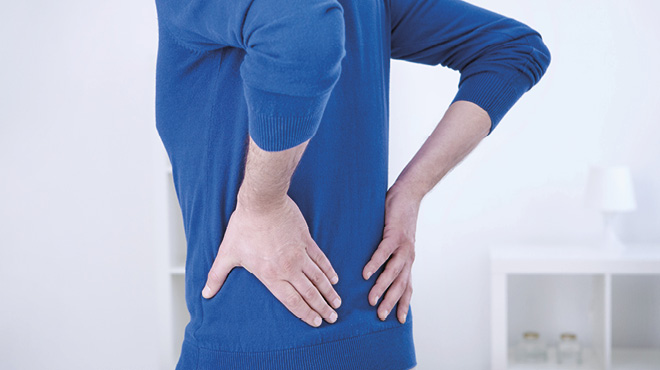
Urology
- Overview
- Why Choose Us
- Urologic Conditions & Treatments
- Prevention and Self-care
- When To Make An Appointment
- Helpful Resources
Recent Blogs
Kidney Stones
If you suspect you have kidney stones, learn when you need to make an appointment with a urologist in Mankato, Minnesota.
Kidney stones, also called renal calculi, nephrolithiasis or urolithiasis, are hard deposits made of minerals and salts that form inside your kidneys.
Kidney stones often have no definite, single cause, although several factors, including diet, excess body weight, and certain supplements and medications, may increase your risk.
Kidney stones form when your urine contains more crystal-forming substances — such as calcium, oxalate and uric acid — than the fluid in your urine can dilute. At the same time, your urine may lack substances that prevent crystals from sticking together, creating an ideal environment for kidney stones to form.
Kidney stone symptoms
A kidney stone usually will not cause symptoms until it moves around within your kidney or passes into your ureters — the tubes connecting the kidneys and the bladder. If it becomes lodged in the ureters, it may block the flow of urine and cause the kidney to swell and the ureter to spasm, which can be very painful.
At that point, you may experience these signs and symptoms:
- Severe, sharp pain in the side and back, below the ribs
- Pain that radiates to the lower abdomen and groin
- Pain that comes in waves and fluctuates in intensity
- Pain or burning sensation while urinating
- Pink, red or brown urine
- Cloudy or foul-smelling urine
- A persistent need to urinate, urinating more often than usual or urinating in small amounts
- Nausea and vomiting
- Fever and chills if an infection is present
Pain caused by a kidney stone may change — for instance, shifting to a different location or increasing in intensity — as the stone moves through your urinary tract.
Treating kidney stones
Passing kidney stones can be painful, but the stones usually cause no permanent damage if they're recognized in a timely fashion.
Depending on your situation, you may need nothing more than to take pain medication and drink lots of water to pass a kidney stone. In other instances, surgery may be needed:
- Using a scope to remove stones, commonly called ureteroscopy
To remove a smaller stone in your ureter or kidney, your doctor may pass a thin lighted tube called a ureteroscope through your urethra and bladder to your ureter. This tube is equipped with a camera. Once the stone is located, special tools can place the stone in a basket. Or the stone can be broken into pieces using a laser. These pieces pass in your urine. Then your doctor may place a small tube, or stent, in the ureter to relieve swelling and promote healing. You may need general or local anesthesia during this procedure. - Surgery to remove large stones in the kidney
A procedure called percutaneous nephrolithotomy involves surgically removing a kidney stone using small telescopes and instruments inserted through a small incision in your back. You will receive general anesthesia during the surgery and be in the hospital overnight while you recover.


